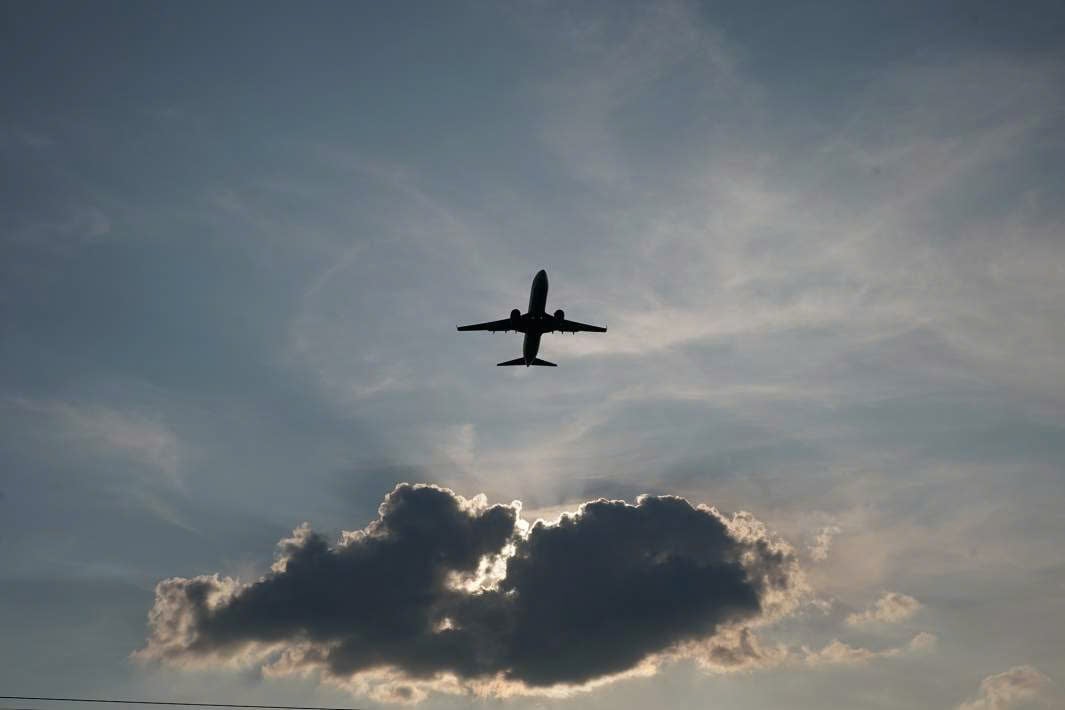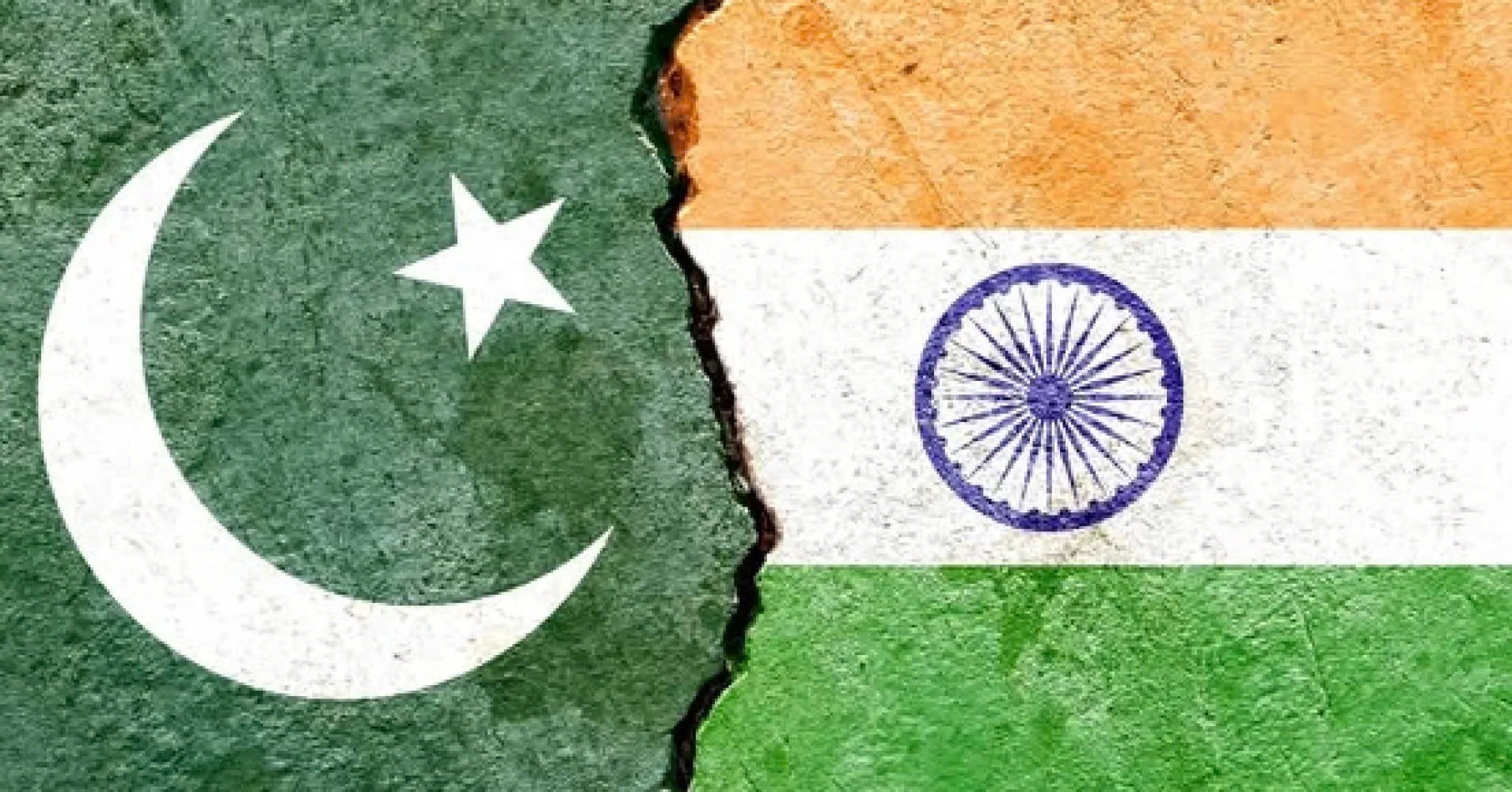Calculation of the parties
On April 22 (local time), a bloody terrorist attack in the Baisaran Valley, near Pahalgam, in the Indian-controlled Kashmir region, killed 26 people, mostly Hindu Indian tourists. The Resistance Front (TRF), an offshoot of the Lashkar-e-Taiba terrorist organization, claimed responsibility for the attack. India accused Pakistan of supporting cross-border terrorist groups and responded strongly.
Within 24 hours of the attack, India suspended the 1960 Indus Waters Agreement, closed the border, canceled visas for Pakistani citizens, and expelled Pakistani diplomats. Pakistan responded by suspending the Shimla Agreement, closing its airspace and border, cutting off trade ties, and ordering Indian diplomats to leave the country. Both sides engaged in military clashes along the Line of Control (LoC) and deployed naval and air forces in strategic areas.
Unlike the all-out wars of the 20th century, the confrontation between Russia and the West today did not begin with a declaration of war, and it is unlikely to end with a peace treaty. It is a war fought through sanctions, military aid packages, information campaigns, and virtual battlefields in cyberspace. Everything is controlled remotely, through the camouflage of diplomacy and media. For the past three years, the world has witnessed a war in which neither side has really “won” or “lost,” but both have been decimated: economically, in terms of trust, and in terms of global standing.
Looking east, however, tensions between India and Pakistan could escalate from a border exchange of fire into a limited war in just two days, with nuclear deterrents quickly activated. There are many factors that could cause the gears of the conflict to shift so quickly.
Prime Minister Narendra Modi is more than just a politician – he has positioned himself as the defender of the Hindu community in a country with a traditionally multi-religious tradition. As the leader of the Bharatiya Janata Party (BJP), which grew out of the Hindutva movement, he has closely tied his political image to religious nationalism, promoting Hindu pride and a strong sense of national sovereignty. In the eyes of Prime Minister Narendra Modi and his voters, any violence against Hindus – especially if it takes place on Indian soil – is deeply personal and political. Failure to respond forcefully would be seen as a sign of weakness – something that would be unacceptable in the power structure he has built.
The terrorist attack in Kashmir was therefore not just a security incident, but a direct challenge to Prime Minister Modi’s leadership and ideology. That is why the response from New Delhi was unusually swift and intense – almost immediately shifting from diplomacy to confrontation.
While New Delhi reacted strongly to the terrorist attack, Islamabad denied all accusations and demanded concrete evidence of Pakistan’s involvement from India. However, the Pakistani government did not miss the opportunity to turn to confrontation, seemingly with obvious initiative and enthusiasm.
The reality is that Islamabad needs a reason to divert attention from its domestic turmoil. Following the arrest of former Prime Minister Imran Khan – a charismatic figure and symbol of resistance to the traditional elite – the country continues to be rocked by large-scale protests, with growing discontent among the middle class and youth. In this context, a foreign crisis – especially with long-time foe India – is a powerful tool to create a “national unity” effect that will help the current government consolidate its control.
The lesson of Pakistani history is that there is no more effective glue in Pakistan’s internal politics than “hostility to India”. From the time of Zia-ul-Haq to Musharraf, and now under the new generation of leaders, crises with India have often been used as a tool to distract attention from internal turmoil and legitimize the role of the military in political life.
Beware of getting out of control
Many argue that the current tensions between India and Pakistan are unlikely to escalate into a full-scale war. This is because both countries possess nuclear weapons; this strategic deterrence creates a delicate balance where any military action risks escalating out of control – something neither New Delhi nor Islamabad wants.
Besides the nuclear factor, the international community - especially the US, China and Russia - always plays a mediating role in containing tensions. The major countries do not want instability in South Asia to affect global trade, investment and security.
On the other hand, both India and Pakistan are facing many internal problems: from economic and unemployment problems to climate change and political instability. War not only causes loss of life and property, but also undermines national development efforts in the long term.
However, the current situation represents a worrying escalation. The suspension of the Indus Waters Agreement, a key water-sharing agreement, could lead to a “water war” between the two countries, especially since Pakistan depends on water from rivers originating in India. Meanwhile, military clashes along the LoC, naval and air force deployments, and other military actions indicate a clear war preparation on both sides.
Whatever the reason behind the current escalation – be it anger, hatred or a deliberate terrorist strategy – the terrorists are actually manipulating two major nuclear states like India and Pakistan, forcing them to dance to their tune. The situation is becoming increasingly untenable, and the development of current events could lead to unpredictable developments.
The goal of the terrorist groups is to incite violence sufficient to draw Pakistan into the confrontation, and especially to provoke India into acting in a way that would inflame the Kashmiri Muslim community. “Inflaming” the situation in Ladakh – a disputed region between India and China – would not only destabilize the region, but also draw China into the conflict, undermining relations between New Delhi and Beijing.
If terrorists succeed in provoking this confrontation, it means that terrorism has won. In the past, no matter how much tensions have escalated, pragmatism and strategic interests have prevailed and won out in confrontations. The parties involved, be it India, Pakistan or China, are well aware of the dangers of a nuclear war, and therefore are unlikely to fall into the “trap” of terrorism.
A full-scale war between India and Pakistan is unlikely at present, but that does not mean that the threat of conflict is completely ruled out. In a sensitive region like Kashmir, even a small incident can lead to major consequences if not controlled in time. It is important that all sides realize that peace, dialogue and restraint are still the best options for everyone.
Hung Anh (Contributor)
Source: https://baothanhhoa.vn/cang-thang-an-do-pakistan-lieu-co-dan-toi-chien-tranh-toan-dien-247062.htm






















































![[Maritime News] More than 80% of global container shipping capacity is in the hands of MSC and major shipping alliances](https://vphoto.vietnam.vn/thumb/402x226/vietnam/resource/IMAGE/2025/7/16/6b4d586c984b4cbf8c5680352b9eaeb0)












































Comment (0)